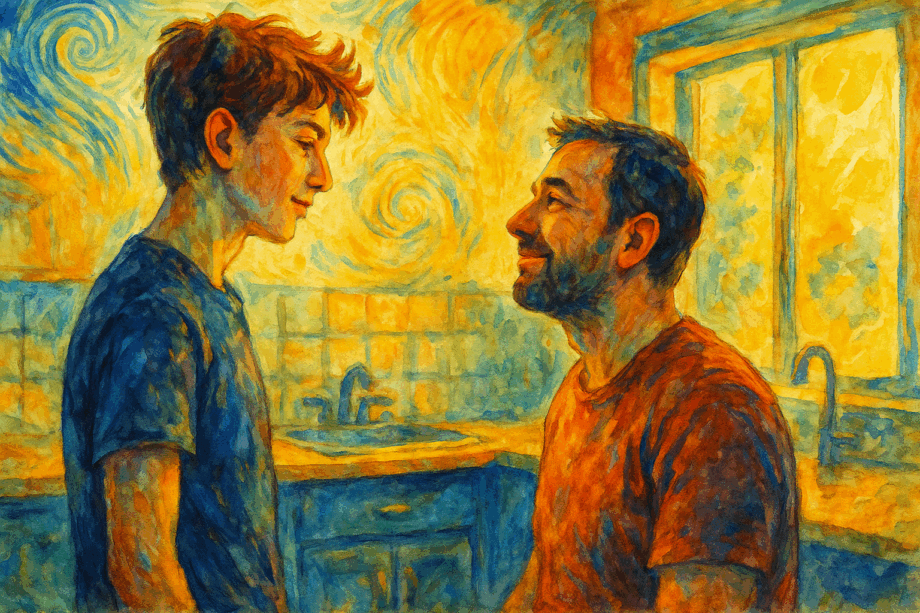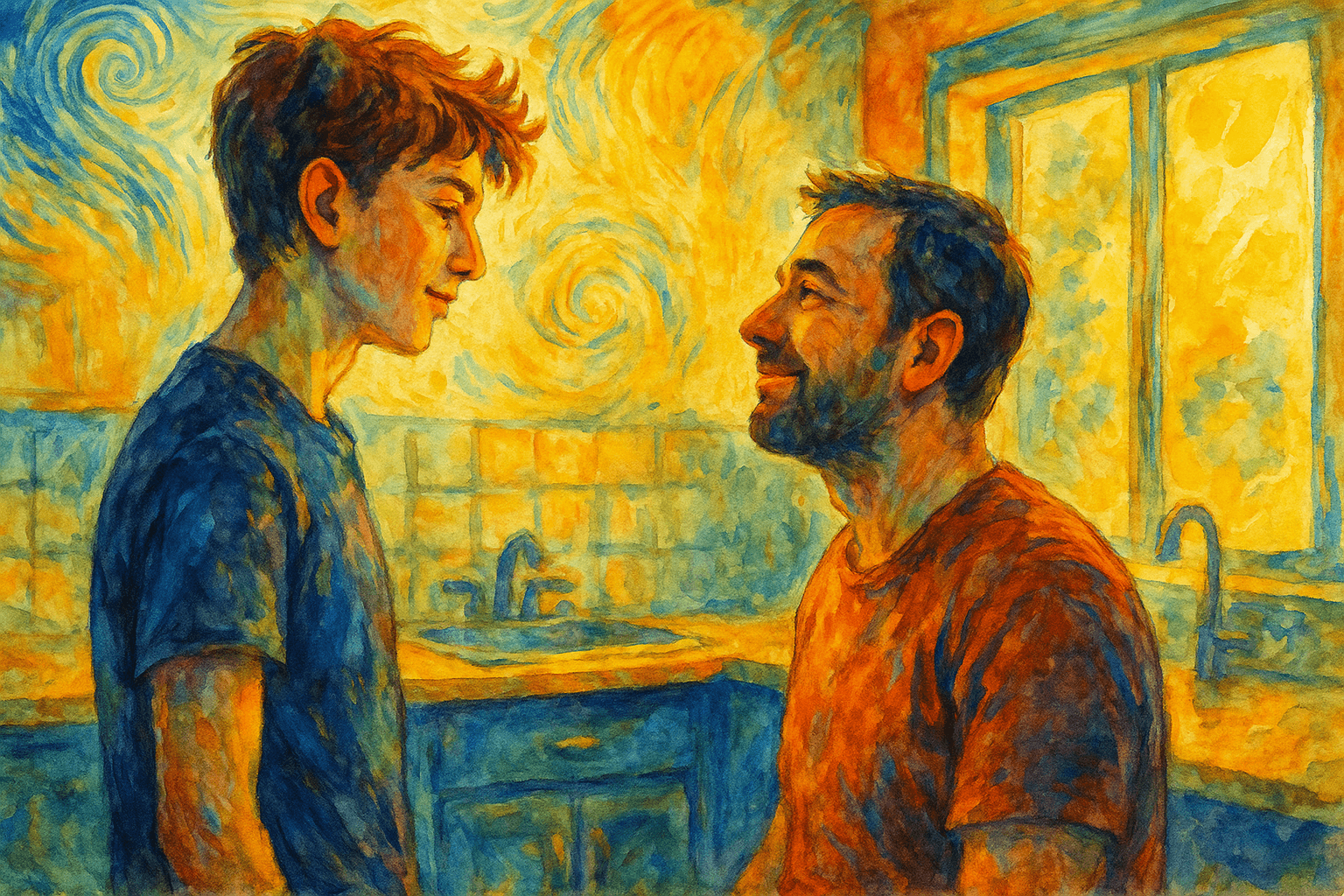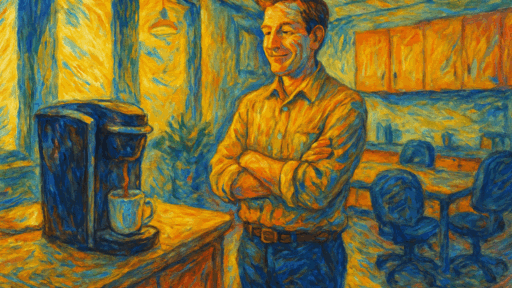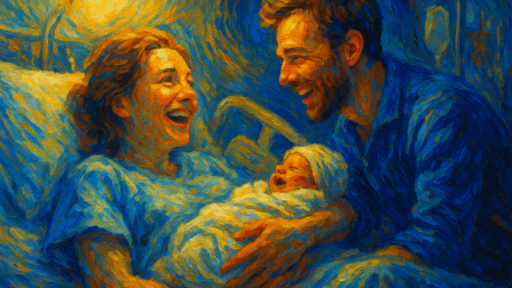“Youth can not know how age thinks and feels, but old men are guilty if they forget what it is to be young.”
Albus Dumbledore
The first time my son looked down at me, he didn’t notice. I did.
And it felt like some small, unspoken handoff had just taken place.
One day he was small enough to fit in my arms, and now I’m looking up at him in the kitchen, trying to remember when that changed. He’s all limbs and appetite, moving through the house like someone still getting used to his own gravity.
He’s growing so fast it’s like watching time on fast-forward—shirts that fit yesterday are suddenly short, shoes from last month already scuffed to oblivion. But then there are the moments that pull me backward: the way he still laughs at old cartoons, or how his voice softens when he talks to the dog. It’s like living with two people at once—one racing ahead, the other quietly looking back.
He’ll insist he’s not a little kid anymore—usually right before doing something profoundly little-kid, like pouring a bowl of sugary cereal the size of his head. That’s the thing about teenagers: they want to drive cars, but they still fall asleep in front of Disney movies. They crave independence, but can’t remember where they left their phone charger. They want to be adults, but they still ask you to open the jar.
His room has become his sanctuary. A mysterious ecosystem of socks, screens, and empty glasses. Every cup in the house eventually migrates there, as if drawn to the safety of adolescence. I try not to disturb the ecosystem too much. It’s his lab, his cave, his half-built bridge to adulthood.
And then there’s the hunger. Good Lord, the hunger. It’s like living with a bear that speaks in Wi-Fi complaints. He can go from quiet philosopher to snarling villain in three minutes flat—then return to normal after a sandwich, like a storm that passes.
The laughter comes without warning. I’ll walk by his room and hear him laughing—really laughing—at something on his phone. I’ll ask what’s funny. “NOTHING-uhh,” he says, as if he’s guarding the nuclear codes. But that laugh fills the whole hallway. It reminds me there’s still joy tucked under all the eye rolls and independence.
We’ve developed a few survival systems. A can of deodorant by the front door. A reminder that the dog doesn’t feed itself. And an unspoken agreement that family game night is stupid—until the UNO cards come out.
But every so often, in the middle of the chaos, he’ll lean against me. Just a second. Just enough to knock the air out of me a little. It’s not the hug of a kid anymore; it’s heavier, more deliberate. And it’s everything.
Because underneath the jokes, the moods, the endless bowls of popcorn, I see him trying to figure it out—what to keep, what to let go, who he’s becoming. And I realize I’m doing the same thing.
Parenting a teenager isn’t about managing the noise—it’s about recognizing the music. The awkward, beautiful, off-beat rhythm of someone learning to be themselves, and of you learning how to let them.
The first time my son looked down at me, it wasn’t the end of something. It was just a new chapter.
A new angle on the same love.
And I’m still looking up, amazed.






